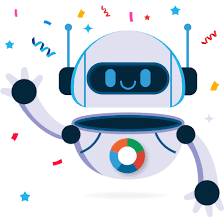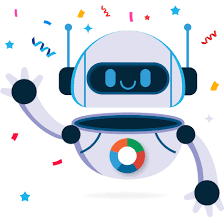In the strategically vital technology landscape of Europe's largest economy, the distribution of the Germany Artificial Intelligence Market Share is a complex and evolving picture. Unlike some other markets, it is not solely dominated by a few tech giants. A significant portion of the market share is held by Germany's own large industrial and automotive corporations, who are not just consumers but also major developers of AI technology through their massive internal R&D departments. They often build proprietary AI solutions that are deeply embedded in their products and manufacturing processes. Another major slice of the market is controlled by the large American cloud hyperscalers (AWS, Microsoft, Google), who provide the foundational infrastructure and AI platform-as-a-service (PaaS) offerings upon which many German companies build their solutions.
This competitive dynamic is playing out within an industry that is growing steadily, which provides opportunities for a wide range of players to claim a piece of the pie. The overall market is on a firm trajectory to expand from USD 20.95 billion in 2024 to a size of USD 57.25 billion by 2035. This sustained growth means that while the large industrial players and the cloud giants are powerful forces, there is still significant room for a third and critically important group to capture market share: the vibrant ecosystem of German AI startups. These agile and innovative companies, often born out of Germany's world-class research institutions, are winning customers and market share by focusing on solving specific, high-value problems with cutting-edge technology.
The primary strategies for capturing market share are varied. For the large industrial incumbents, the key strategy is to leverage their deep domain expertise and vast datasets to build AI solutions that are highly optimized for their specific industry. Their advantage is not in the AI algorithm itself, but in their unique ability to apply it effectively. The cloud providers, in contrast, compete by offering the most powerful, scalable, and easy-to-use set of AI tools and services, aiming to become the default platform for all AI development in the country. The startups often win market share through a focus on a specific niche, offering a "best-of-breed" solution for a particular problem, such as AI-powered quality control for a specific manufacturing process, that is superior to more generic offerings.
Looking forward, the future distribution of market share will likely be shaped by the ability to build trustworthy and industry-compliant AI solutions. In a market as highly regulated and quality-focused as Germany, a "black box" AI is often not acceptable for critical applications. The companies that can provide "explainable AI" (XAI) and solutions that are certified to meet stringent industry and data privacy standards (like GDPR) will have a significant competitive advantage. The ability to build strong ecosystems and partnerships between the large industrials, the cloud platforms, and the innovative startups will also be a key determinant of which players will ultimately win the largest share of this valuable and strategic market.
Explore Our Latest Trending Reports:



